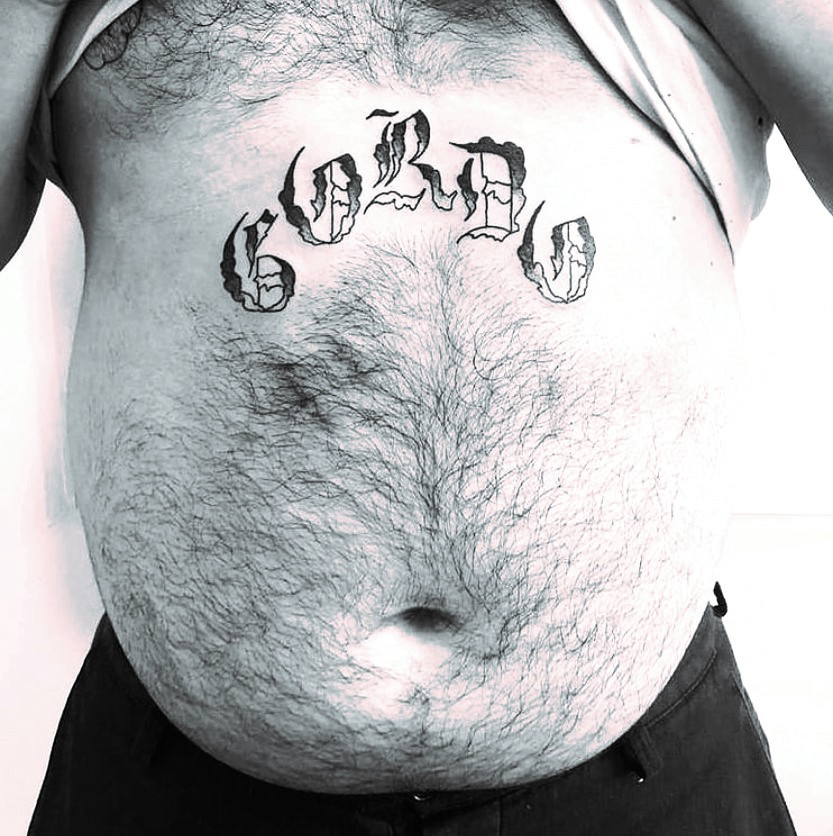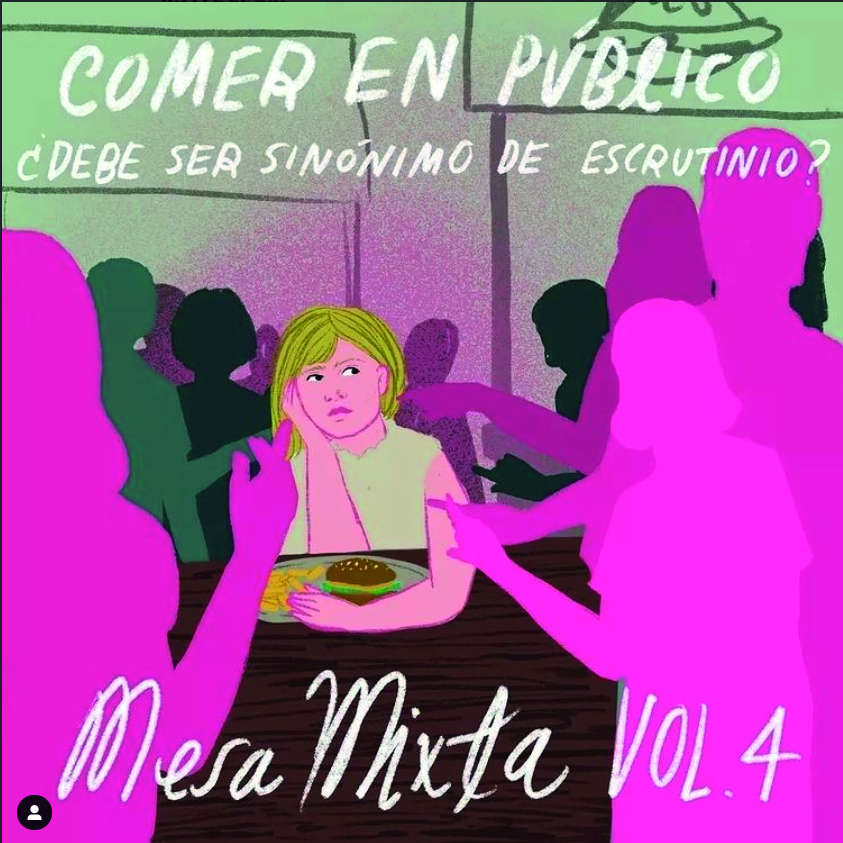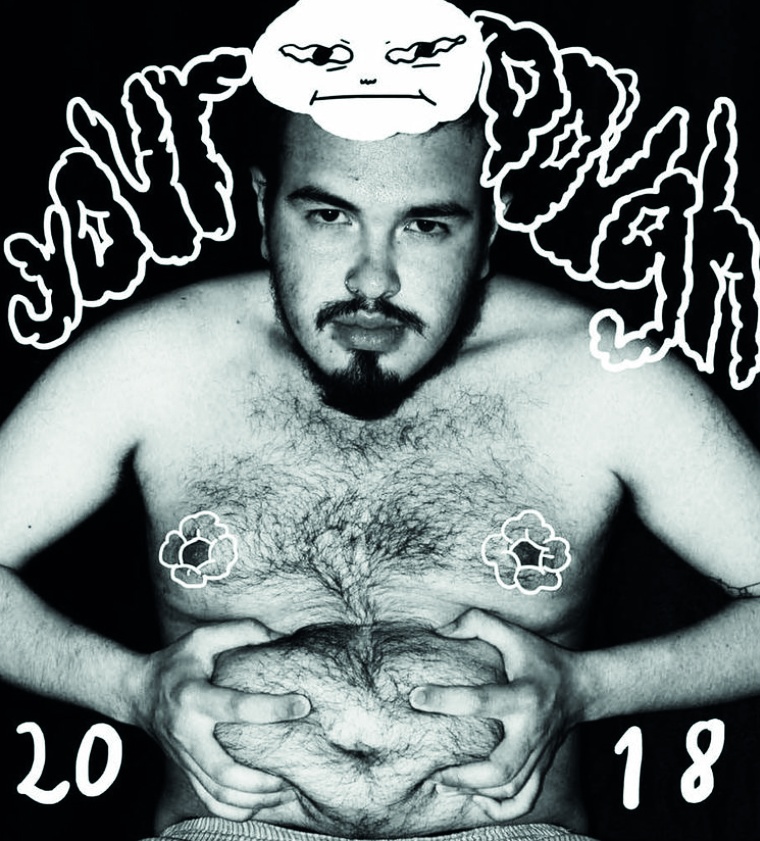The time of complaint is not the time of world …
While I am complaining, the life is going on.
“We ended up meeting in a large cafe. Although we found a relatively private corner, you could hear the hustle and bustle around us, the clattering of plates, sounds of laughter; clattering, and clattering. Being there together made a difference; hearing life go on can be a reminder that life goes on.”
—
Una denuncia es un testimonio
Testimony was thus in the accounts as well as being how they took form. And what has been so important to the process of receiving these statements as testimony is receiving them together. To hear these accounts as testimony is to hear how they combine to allow us to bear witness to an experience, to show what they reveal, to bring out what is usually hidden, given how complaints are made confidential.
Esto es un testimonio sobre un fenómeno social y collective.
It was clear to me the limits of what I could do.
—
Words carry a charge; you can end up being made to feel that you are the problem, that the problem is YOU
words getting under our skin!!!
IMPRUDENTE
and I don’t trust the space to sound like that person.
No quiero sonar quejumbrosa
—
Complaint can be sick speech. HABLA ENFERMIZA
—
NOTHING IS GOING TO CHANGE SO WHY?
What she calls “the same narrative” is skepticism that there is any point in following a complaint procedure to complain would be to hurtle toward a miserable fate, complaint as fatalism, to leave the right path, the institutional path, to bring misery upon yourself.
a complaint can also be framed as pointless,
Warnings can operate in the realm of the would rather than the could.
A warning becomes about what you would not do if you wanted to protect yourself, your career, and your own happiness.
2. warning can be offered in the style of a report.—- qualified support, warnings -to be more concerned with consequences than anything else
A warning is a technique of redirection: the past is used like an arrow that points to what will happen heads can do what they like.
WARNINGS – “rocking the boat” and “making waves”
A complaint is heard as making waves, as stopping things from being steady
Warnings can be used to remind people of the precarity of their situation.
who is bigger and who is smaller (they are bigger; you are smaller)
upset the status quo.
2. Warnings as threats,
whistle-blower
scatter gun
loose cannon
as if the damage caused by making a complaint was a result of a failure of precision.
YES WARNING
Nodes: We learn from our surroundings. A nod is when you move your head up and down, often several times, to show agreement, approval, or a greeting.
It is striking to me how a limbo is described as a space: you make a complaint and that is where you end up; a limbo is what is opened up. To be in limbo is to be left waiting.
nodding is encouraging.
Nodding can be nonperformative. In chapter 1 I used nonperformative to refer to institutional speech acts that do not bring into effect what they name.
To placate is to calm or to soothe. Placate derives from the word please, to be agreeable When hearing about a problem is offered as a solution, hearing becomes another kind of dissolution.
how complaints involve communicative
labor:!!
———-
I am calling the response of no response blanking.
To be blanked is to be ignored
(I think of blanking as like an eraser used to remove marks from the page.)
Blanking can be how you erase the data. Or blanking can be how you fail to record the data.
Nonending, like this book, as complaints, as fear, as tears, as nonsense world.











